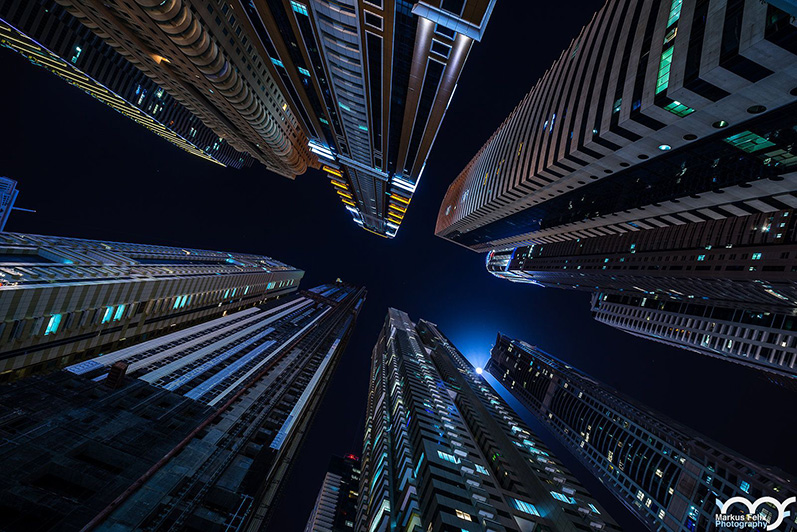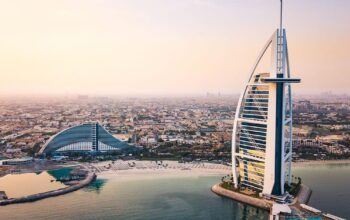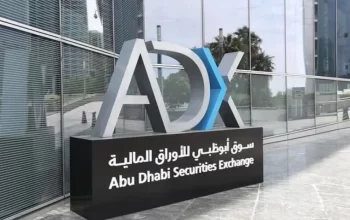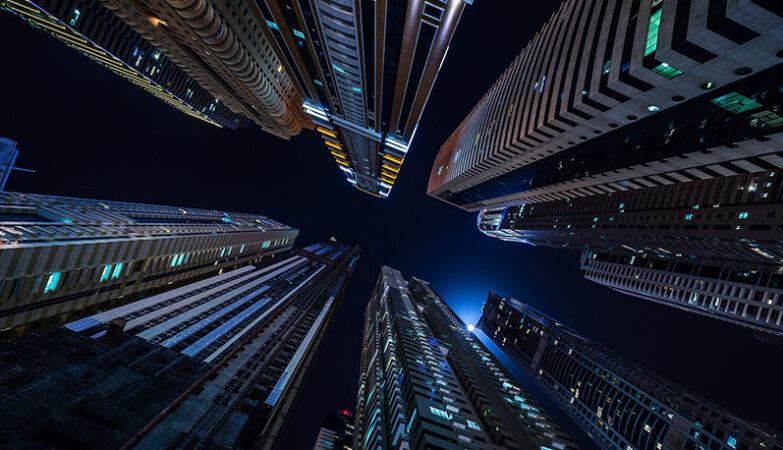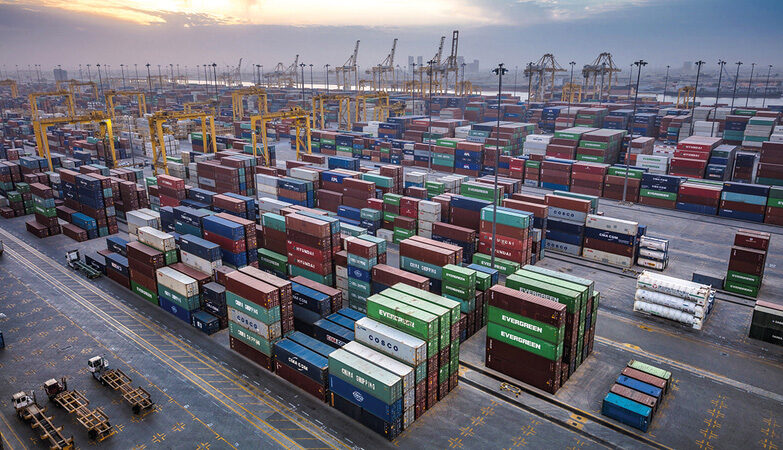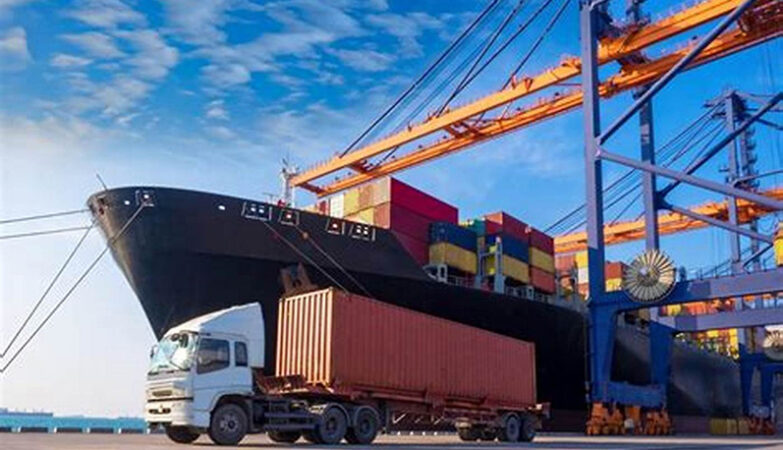Dubai’s economy thrives on diversification, with real estate serving as a cornerstone alongside trade, tourism, logistics, and financial services. In 2024, the real estate sector contributed ~9.2% to Dubai’s GDP, making it one of the emirate’s top economic drivers. This report examines its value compared to other key sectors and its role in enhancing economic growth.
1. Real Estate vs. Other Key Sectors (2024 Estimates)
| Sector | Contribution to GDP | Growth Rate (YoY) | Key Factors |
|---|---|---|---|
| Real Estate | 9.2% (~AED 46B) | 6.5% | Off-plan sales, luxury demand, investor visas |
| Wholesale & Retail Trade | 26% (~AED 130B) | 4.8% | Dubai Mall, e-commerce boom |
| Tourism & Hospitality | 12% (~AED 60B) | 10.2% | Record 18M+ visitors in 2024 |
| Logistics & Transport | 11% (~AED 55B) | 7.3% | Jebel Ali Port, Emirates SkyCargo |
| Financial Services | 10% (~AED 50B) | 5.1% | DIFC expansion, fintech growth |
Key Insight: While trade remains the largest sector, real estate is the 3rd-largest contributor and a critical multiplier for construction, banking, and tourism.
2. How Real Estate Enhances Dubai’s Economy
A. Foreign Direct Investment (FDI) Magnet
- AED 30B+ in real estate FDI (2023–2024), driven by:
- Golden Visa (property investors eligible for 10-year residency)
- Tax-free ownership in freehold areas like Palm Jumeirah, Downtown
- High ROI (5–9% rental yields, 15–30% capital appreciation in prime areas)
B. Job Creation & Sectoral Growth
- Supports 13% of Dubai’s workforce (construction, brokerage, property management)
- Stimulates 40+ allied industries: Cement, steel, interior design, smart home tech
C. Tourism & Retail Synergy
- Luxury properties attract high-net-worth tourists (e.g., Burj Khalifa residences, Atlantis The Royal)
- Short-term rentals (Airbnb, DAMAC) boosted tourism stays by 22% in 2024
D. Economic Stability Tool
- RERA regulations prevent market bubbles (e.g., escrow accounts for off-plan projects)
- Diversification shield: Real estate cushions oil price volatility (unlike other GCC economies)
3. Challenges & Future Outlook
- Rising Interest Rates: Could dampen mortgage demand in 2025
- Oversupply Risks: 65,000+ units to be delivered by 2026 (monitored by RERA)
- Sustainability Shift: Green building laws (90% of new projects to be ESG-compliant by 2030)
Growth Projections:
- 5–7% annual growth (2025–2030) fueled by:
- Expo 2025 legacy projects (e.g., District 2020)
- Wealth migration (3,500 HNWIs moved to UAE in 2023)
Conclusion
Dubai’s real estate sector is more than just skyscrapers—it’s a strategic economic engine that drives FDI, employment, and cross-sector growth. While trade and tourism dominate GDP contributions, real estate’s role as a stabilizer and innovator (via proptech, REITs, and sustainable urbanism) ensures its long-term centrality to Dubai’s vision as a global hub.
Sources: Dubai Land Department (DLD), RERA, Dubai Statistics Centre, CBRE (2024)


